Artificial intelligence, immune to fear or favour, is helping to make China’s foreign policy
The programme draws on a huge amount of data, with information ranging from cocktail-party gossip to images taken by spy satellites, to contribute to strategies in Chinese diplomacy
PUBLISHED : Monday, 30 July, 2018, 12:00am
UPDATED : Tuesday, 31 July, 2018, 3:50pm

Attention, foreign-policy makers. You will soon be working with, or competing against, a new type of robot with the potential to change the game of international politics forever.
Diplomacy is similar to a strategic board game. A country makes a move, the other(s) respond. All want to win.
Artificial intelligence is good at board games. To get the game started, the system analyses previous play, learns lessons from defeats or even repeatedly plays against itself to devise a strategy that can be never thought of before by humans.
It has defeated world champions in chess and Go. More recently, it has won at no-limit Texas Hold’em poker, an “imperfect information game” in which a player does not have access to all information at all times, a situation familiar in the world of diplomatic affairs.
Several prototypes of a diplomatic system using artificial intelligence are under development in China, according to researchers involved or familiar with the projects. One early-stage machine, built by the Chinese Academy of Sciences, is already being used by the Ministry of Foreign Affairs.
The ministry confirmed to the South China Morning Post that there was indeed a plan to use AI in diplomacy.
“Cutting-edge technology, including big data and artificial intelligence, is causing profound changes to the way people work and live. The applications in many industries and sectors are increasing on daily basis,” a ministry spokesman said last month.
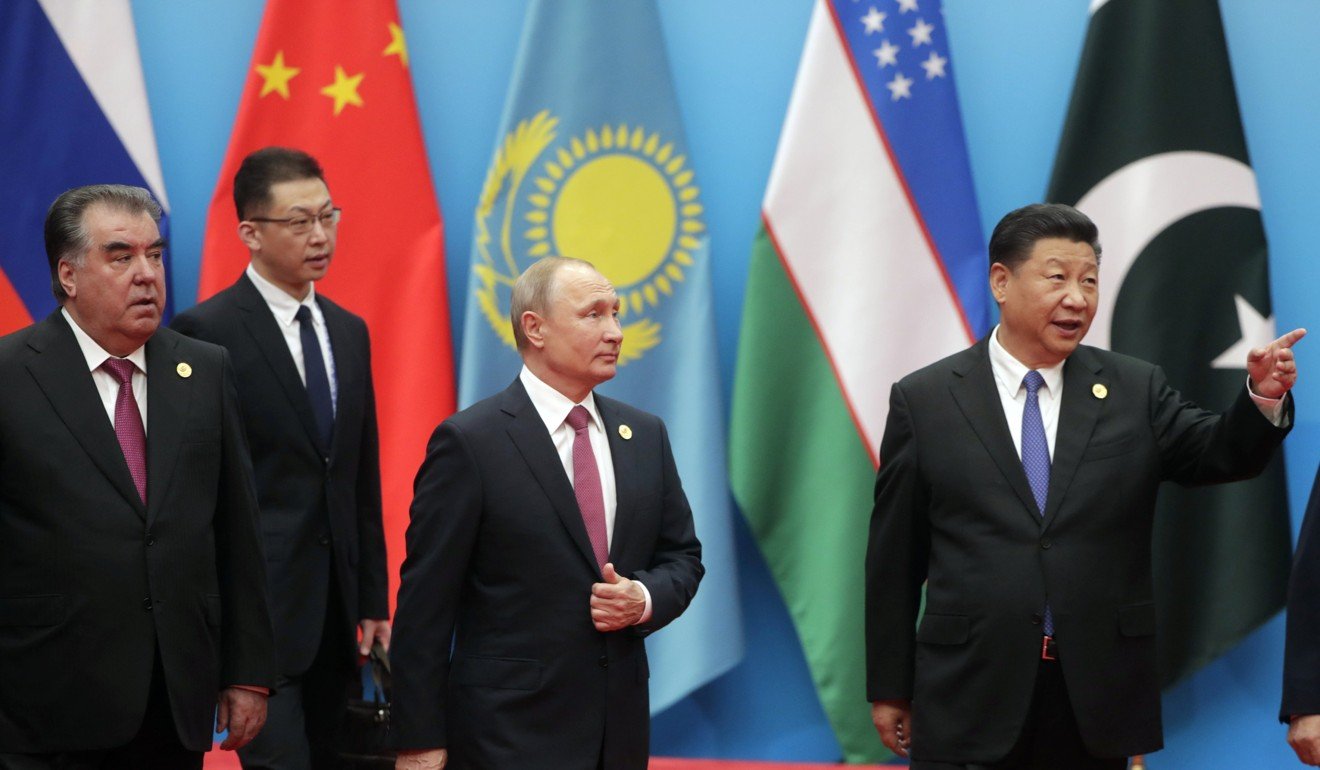
The ministry “will actively adapt to the trend and explore the use of emerging technology for work enhancement and improvement”.
China’s ambition to become a world leader has significantly increased the burden and challenge to its diplomats. The “Belt and Road Initiative”, for instance, involves nearly 70 countries with 65 per cent of the world’s population.
The unprecedented development strategy requires up to a US$900 billion investment each year for infrastructure construction, some in areas with high political, economic or environmental risks.
The researchers said the AI “policymaker” was a strategic decision support system, with experts stressing that it will be humans who will make any final decision.
The system studies the strategy of international politics by drawing on a large amount of data, which can contain information varying from cocktail-party gossip to images taken by spy satellites.
When a policymaker needs to make a quick, accurate decision to achieve a specific goal in a complex, urgent situation, the system can provide a range of options with recommendations for the best move, sometimes in the blink of an eye.
Dr Feng Shuai, senior fellow with the Shanghai Institutes for International Studies, whose research focuses on AI applications, said the technology of the AI policymaking system was already attracting attention despite being in its early stages.
Several research teams were developing these systems, Feng said. A conference discussing the impact of AI on diplomacy was hosted by the University of International Business and Economics last month in Beijing, in which researchers shared some recent progress.
“Artificial intelligence systems can use scientific and technological power to read and analyse data in a way that humans can’t match,” Feng said.
“Human beings can never get rid of the interference of hormones or glucose.”
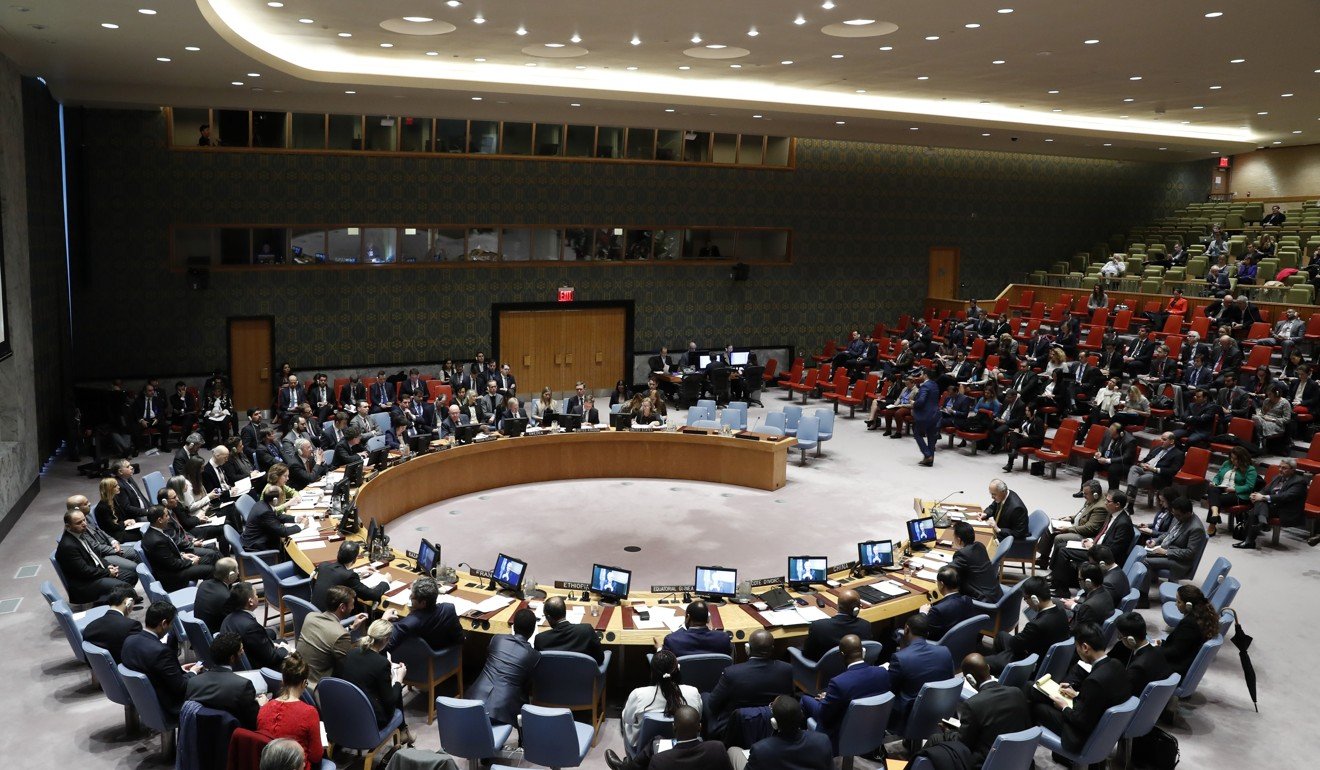
The AI policymaker, however, would be immune to passion, honour, fear or other subjective factors. “It would not even consider the moral factors that conflict with strategic goals,” Feng added.
Other nations are believed to be conducting similar research into AI uses in policymaking fields, though details are not available publicly.
But AI does have its own problems, researchers say. It requires a large amount of data, some of which may not be immediately available in certain countries or regions. It requires a clear set of goals, which are sometimes absent at the start of diplomatic interaction. A system operator can also temper the results by altering some parameters.
But the technology will find increasing application and “further widen the gap in strategic game capabilities between countries”, Feng said.
“If one side of the strategic game has artificial intelligence technology, and the other side does not, then this kind of strategic game is almost a one-way, transparent confrontation,” he said. “The actors lacking the assistance of AI will be at an absolute disadvantage in many aspects such as risk judgment, strategy selection, decision making and execution efficiency, and decision-making reliability,” he said.
“The entire strategic game structure will be completely out of balance.”
Liu Yu, an associate researcher at the Institute of Automation at the Chinese Academy of Sciences in Beijing and who was involved in the development of an award-winning AI war game system for the People’s Liberation Army, said human diplomats would have difficulty winning a strategic game against AI.
“AI can think many steps ahead of a human. It can think deeply in many possible scenarios and come up with the best strategy,” he said.
A US Department of State spokesman said the agency had “many technological tools” to help it make decisions. There was, however, no specific information on AI that could be shared with the public, he said.
According to the department’s Information Technology Strategic Plan for 2017 to 2019, American “diplomats are using powerful new technologies to advocate policy position, promote awareness, and enhance transparency”.
The plan stressed the importance of big data technology as a tool to “offer more meaningful insights required for informed decision, problem solving and risk analysis”. It did not mention artificial intelligence.
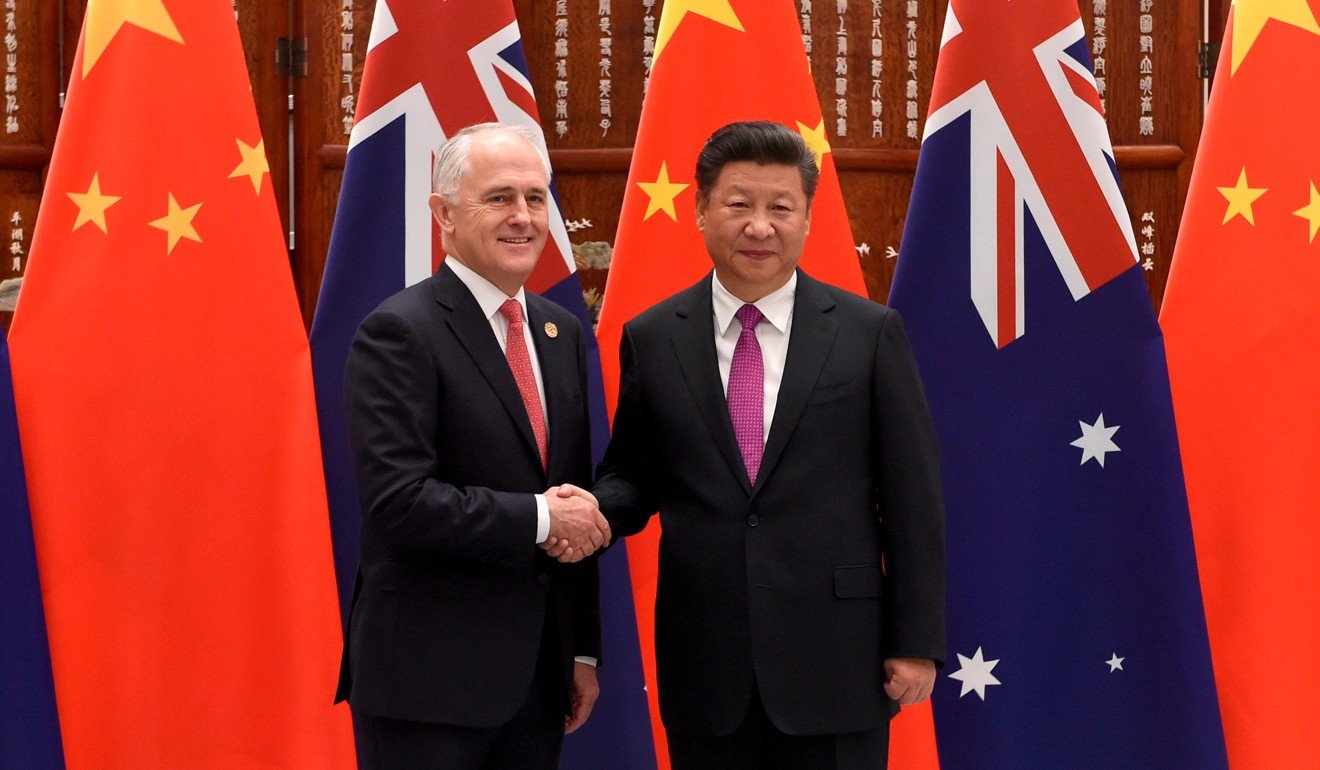
Big data and artificial intelligence are closely related but different.
Big data technology analyses complex data sets to generate insights, and has been widely used by many governments around the world. The result may contain a list of pro and cons. It does not tell you what to do.
Artificial intelligence takes it a step further. It acts on the results. It can be an automatic stop at a traffic light, a move on a board game, or a verdict of go or no-go for a high-speed railway connecting Moscow and Beijing.
An associate researcher with the Chinese Academy of Sciences in Beijing, said an early version of the AI system developed by the institute was in use in the foreign ministry.
The system was operated by the department of external security affairs, she said. As well as dealing with security issues, the department makes policy recommendations on the operation of China’s overseas diplomatic missions, according to the ministry’s website.
The system, also known as geopolitical environment simulation and prediction platform, was used to vet “nearly all foreign investment projects” in recent years, she said.
The machine has access to numerous Chinese government databases. She said it was equipped with artificial intelligence technology, including deep learning and a neural network for risk assessment or prediction of events such as political upheaval or terrorist attacks, with “encouraging results”.
The machine is still unable to make a strategic decision by itself, but the next generation will have the support function to do so.
Chinese surveillance programme mines data from workers’ brains
The new system is “under construction”, she said, without giving a date on its completion.
“The machine will never replace human diplomats. It only provides assistance,” she added.
One challenge to the development of AI policymaker is data sharing among Chinese government agencies. The foreign ministry, for instance, had been unable to get some data sets it needed because of administrative barriers, she said.
China is aggressively pushing AI into many sectors. The government is building a nationwide surveillance system capable of identifying any citizen by face within seconds. Research is also under way to introduce AI in nuclear submarines to help commanders making faster, more accurate decision in battle.
But in China as well as many other countries, the final decision on significant diplomatic matters is made at the highest levels. To what extent AI may influence decision making depends on the senior politicians’ trust and acceptance of the new technology.
Zhang Lili, a professor at China Foreign Affairs University, said foreign-policy makers should embrace artificial intelligence as a powerful tool that could to take their work to a new level.
“In the past, our job was done entirely by the brain, which has limits,” he said. “AI can help us get more prepared for unexpected events. It can help find a scientific, rigorous solution within a short time.
“But the ultimate decision will have to be made by a human.
“This is a fundamental principle.”
AI cyberdoctor does better than human GPs on tests. Would you trust it?
Last month, in a conference on foreign affairs with Chinese diplomats, Chinese President Xi Jinping “called for efforts to break new ground” in diplomacy, according to the state news agency Xinhua.
Xi asked the diplomats to “formulate principles and policies of China’s external work in a scientific way, through cool-headed analysis of international phenomena and China’s relation with the rest of the world”.
The diplomats must not “get lost in a complex and changing international situation”, he warned.



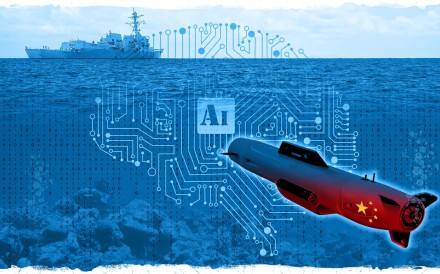

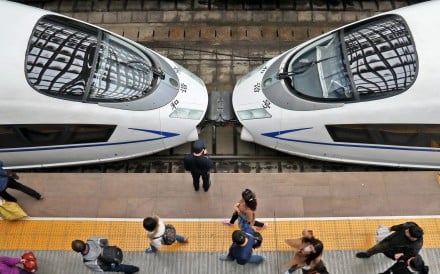





No comments:
Post a Comment